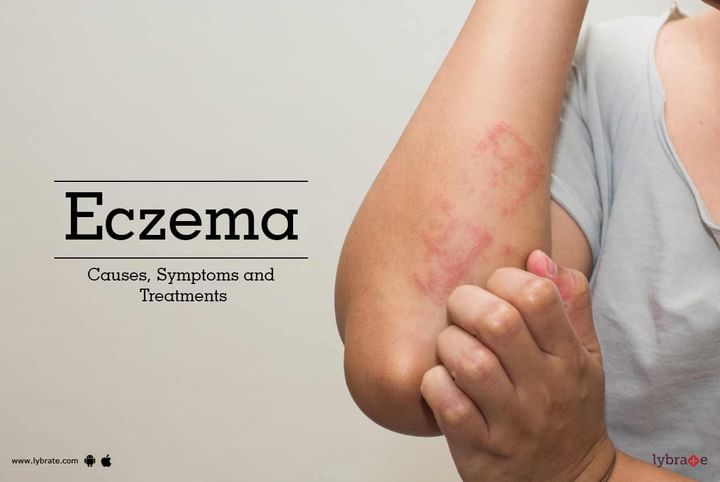Eczema - Causes, Symptoms and Treatments
Eczema is not a disease per se, but is a name given collectively to a group of medical conditions, which can cause the skin to become inflamed and irritated. Atopic dermatitis is one of the most common types of eczema.
Causes
While the exact cause of eczema is not known, the most commonly attributed reason is an increasingly sensitive immune system. The overactive immune system produces antibodies, which cause these skin reactions. It is also noted that people with allergies including hay fever and asthma are more likely to develop eczema.
Other conditions which can lead to eczema include allergic dermatitis, irritant dermatitis, stasis dermatitis, scabies, fungal infections, xerotic dermatitis, lichen planus and scalp infections.
There is also a genetic predisposition, and children whose parents have had eczema are likely to develop eczema.
Symptoms
In most people, eczema is present in the form of small blisters, which are filled with fluid and can ooze. Gradually, there could be dryness, crusting, scaling and thickening of the skin with plaque formation. The most common symptom would be itching. The different types of eczema as noted above would have diagnostic features. For instance, when testing for irritant or contact dermatitis, there would be an irritant that is causing this. Stasis dermatitis would have circulatory issues and often affects the lower legs.
In fair-skinned people, these lesions begin as red and then turn brown. There also could be lightening of the affected skin area in people with slightly darker skin.
Diagnosis
For a trained medical eye, diagnosis of eczema is not a tough task. A complete physical examination may be done to assess the extent of eczema spread. Blood tests may be done to test for allergies. In very rare cases, a biopsy may also be required.
Treatment
The goal of treatment is to reduce itching and improve moisturization. Eczema, unless associated with an infection, is not contagious.
-
Using copious amounts of creams and lotions help in improving hydration and moisturization, as they are allowed to soak into the skin.
-
Topical steroids may be required if allergy is suspected. In most cases, hydrocortisone and corticosteroid creams are very effective.
-
Associated infections like scalp infections and fungal infections should also be treated with suitable products.
-
Immunomodulator creams like Elidel are useful by suppressing the immune system and preventing flare up of the allergic reactions.
-
Cold compresses may be used to relieve itching.
Prevention
Since there is a strong genetic component related to eczema, prevention is helpful.
-
Constantly keep the skin moist and hydrated by using moisturizers, especially during winters.
-
Avoid clothes and metals which can cause allergy- like wool, nickel, harsh soaps, detergents, etc.
-
Avoid or be careful about food items which are known to cause allergies. If you wish to discuss about any specific problem, you can consult a dermatologist and ask a free question.



+1.svg)
